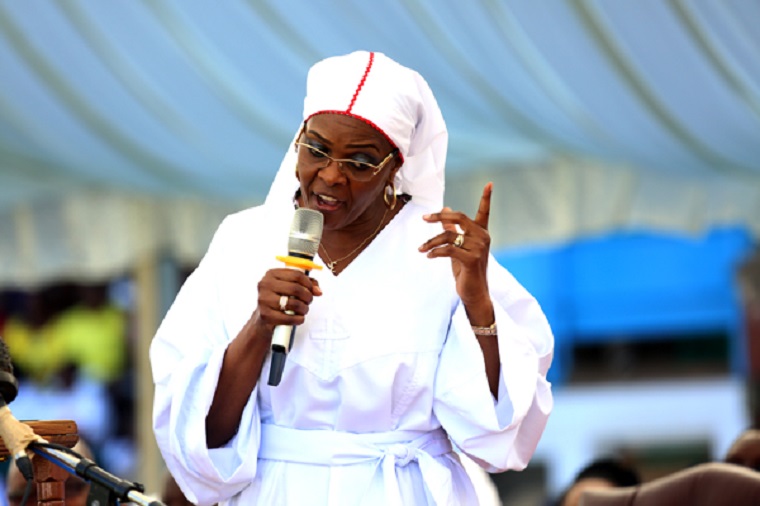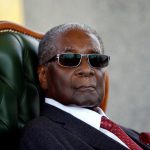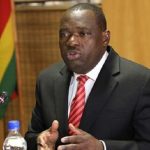 Zimbabweans may have mixed feelings about the death of Robert Mugabe: in the end, he was a brutal despot who left his country divided and impoverished. But he was also the founding father of the nation who put an end to white minority rule.
Zimbabweans may have mixed feelings about the death of Robert Mugabe: in the end, he was a brutal despot who left his country divided and impoverished. But he was also the founding father of the nation who put an end to white minority rule.
Grace Mugabe, 54, doesn’t share the complex legacy of her husband. She’s unpopular in many corners, and now that her husband is dead, her assets and future in the country could even be at risk.
It’s a dramatic turnaround for Zimbabwe’s former First Lady, whose ambition to take her husband’s job was cut short in 2017 during an apparent coup that she was the catalyst for.
Grace married Robert Mugabe in a lavish ceremony in 1996, following the death of his first wife Sally from kidney disease four years earlier. While Mugabe was still married to Sally, Grace bore him two children, but their relationship was kept secret from the Zimbabwean people. They had a third child in wedlock.
By then, Mugabe’s revered status as liberator of Zimbabwe was a distant memory. His turn towards despotism emerged in 1983, when he sent the North Korean-trained 5th Brigade to crush dissent in Bulawayo, massacring tens of thousands of Zimbabwean citizens.
Mugabe and his family started to run the country as their own fiefdom; his wife evolved into a figure of fun, with her Imelda Marcos-like shopping trips in European capitals earning her the moniker “Gucci Grace.”
Her profligate spending continued through the late 2000s, at the same time as the country’s economy went into free fall. By 2014, as Grace’s political ambitions began to emerge, her husband was keen to lend his backing.
Eyebrows were first raised when Grace, not known for her academic skills, was awarded a doctorate by the University of Zimbabwe.
She then took over the ruling ZANU-PF’s powerful women’s wing — a position that gave her a seat at the heart of the party’s all-powerful decision-making body, the politburo.
And in spite of her political inexperience, Grace told a rally that she wanted to become president.
She went on to campaign against political rivals, even succeeding in sidelining some of them, including former Vice President Joice Mujuru and seven other government ministers.
But her biggest mistake was moving against then-Vice President Emmerson Mnangagwa, Mugabe’s right-hand man, who had a strong following in Zimbabwe’s military and among the war veterans who fought in the liberation struggle.
Continued next page
(326 VIEWS)


